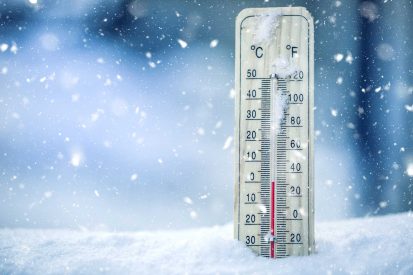What The Energy Price Cap Freeze Actually Means

Feeling Confused? You’re not the only one!
Following Prime Minister, Liz Truss’ announcement on 9th September 2022 stating the energy price cap is being frozen, people have been left wondering what this means.
What is the new price cap and how does it compare to the previously stated cap?
Liz Truss has pledged to cap energy prices to households in all circumstances to £2,500 per annum for the next two years, starting from October 2022. This also includes houses who are benefiting from the £400 pay out incentive.
While this new cap of £2,500 is over £1,000 lower than Ofgem’s previously stated £3,549, it is still a 27% increase from the current cap of £1,971.
To compare this to the current pricing, the previously stated pricing, and the new pricing, we’ve given a breakdown for you.
Electricity
Current price per kWh – 28p
Previously Stated Price per kWh – 52p
New Pledged Price per kWh – 34p
Gas
Current price per kWh – 7p
Previously Stated Price per kWh – 15p
New Pledged Price per kWh – 10.3p
The standing charge stays the same at 46p per day.
Although these prices are slightly better, it is still much higher than what Britons are used to and the highest energy prices we’ve seen for decades.

Why Is the KwH Rate So Important?
It is important to note that this cap is not on your annual bill but on the price per unit of energy. The £2,500 is based on the unit price multiplied by the average yearly kilowatt usage per household.
This means that what you pay, will solely depend on how much energy you use. The price for electric won’t go any higher than 34p a kilowatt but what you pay will be dependent on how many kilowatts you use.
Some people may look at the £2,500 and think that they won’t be spending more than this. That’s unfortunately not the case.
You will be in complete control of how much your bill is based on your usage.
If people use more than the average units of energy per year, there is a high chance that most Britons will be paying more than £2,500 per annum.
Kent Live News states that ‘’people may still want to look at whether there are ways in which they are wasting energy this winter.’’
How Does This Affect Heating Costs?
The cost to run a 2KW convection heater as of 1st October 2022 is 68p.
To replace this with a 0.7KW infrared heater it would cost 23p an hour.
A gas boiler would now be costing you £2.40.
To replace this with 6KW of infrared heating, you’d be paying £2.04.
Conclusion
Although it is great news the price per KW of both gas and electric is now capped for the next two years, it is still going to be an expensive winter.
We would recommend looking at areas where you can lower your energy usage in the home.
Read our article here with some key points on how you can do this – https://www.warm4less.com/news/uk-energy-crisis-the-facts-and-how-to-survive/


